The Black Liberation struggle is waged by the masses. A prime example is the heroism of Ruby Bridges. Born in 1954 in Mississippi, her family relocated to New Orleans, Louisiana, when she was four years old. When she was six, her family responded to a request from the New Orleans NAACP to desegregate William J. Frantz Elementary School. Passing the entrance exam with flying colors, her mother was proud of the fact that her daughter was taking measures to advance the struggle for legal equality for all African American children.
Upon arriving at the school on November 14, 1960, escorted by U.S. Marshals, Bridges recalled confusing the hostile and virulently racist mob that greeted her with a Mardi Gras crowd. Yet, she never cried or wavered in her determination to receive her education. The teachers at the school went to strike and refused to teach Bridges except for one, a white teacher from Boston named Barbara Henry.
White students and parents went on strike as well, refusing to attend classes for several weeks. Her family also faced various ramifications of the integration, as her sharecropper grandparents in Mississippi were evicted, her parents were refused service at the local grocery store, and her father lost his job. Nevertheless, they persevered.
Bridges successfully graduated from high school and traveled around the country, educating on the dangers and pains caused by racism. In 1999, she founded the Ruby Bridges Foundation to promote “tolerance, respect, and appreciation of all differences.” She believes it is abominable that adults use children as instruments to foment and spread racism.
She was awarded the Presidential Citizens Medal by President Bill Clinton. In 2014, a statue of her likeness was created for the courtyard of William Frantz Elementary School.
Sources:
http://www.sjsu.edu/steinbeck/docs/Ruby%20Bridges%20Bio.pdf
http://www.washingtonpost.com/wp-dyn/content/article/2010/11/12/AR2010111202878.html
http://www.blackpast.org/aah/bridges-ruby-1954





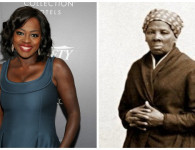
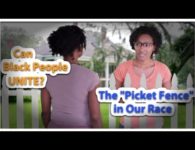
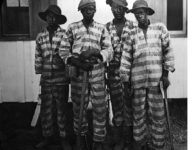

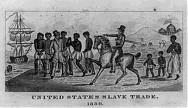
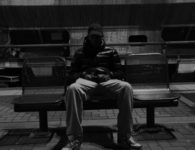
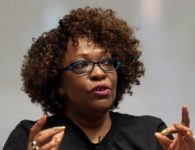

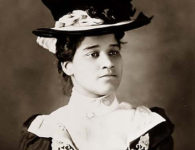
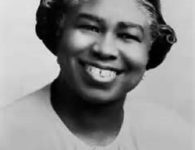
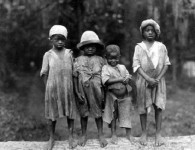
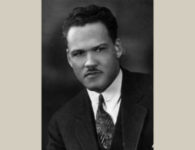
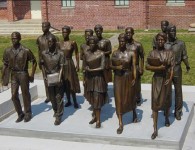
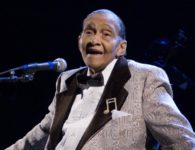
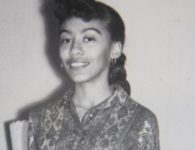

2 Comments
Hello, I want to thank you for this article. Sometimes I cannot fit time for reading some of the many items I see on the internet. I like this article because it is very informative, concise and brief. I learned about this particular extraordinary event in just a few minutes. Although I was a teenager in 1960 I was not very aware of the extent of our struggle for change. I participated in activities where I lived, Philadelphia and surrounding areas. also from the progressive church I attended there.
I was 70 years old when I discovered there was a African American cemetery with many people including many Civil War Veterans. I was disheartened that this was not told to us in the Black schools in the community. I am proud of the teachers we had but I don’t understand why we could not learn our Black history from them. I am not being judgemental of them because I can say the same about our historic family. As the family historian I am committed to developing means to explore, share and teach everything I can to the family about our remarkable family legacy.
There are many stories told and untold about this kind of experience. However I cannot hear enough of them. Each one brings me closer to the state of the conditions of the times our history and our future.
Hersey E. Gray, Sr.
I am grateful for the work you are doing. As a white, suburban woman in MN, the struggles of black Americans were never sufficiently taught in my school and is not something I’m exposed to in my environment. In middle school, we were tasked to write about our personal hero. Some chose their fathers, mothers, grandparents. I chose Harriet Tubman. I had gotten a book from the library that told her story and as I read about what she went through and then had the courage to go through again and again to save others, I wanted to be just like her. That was my first moment of seeing what textbooks didn’t tell us and ignited a passion for learning and awareness throughout my life. So many don’t understand because they don’t know the history that brought us to where we are now. They think slavery ended, the civil rights movement happened and that this ugly part of our history is over. People need to know the whole truth and need the education. Thank you for everything you share with me that I can be more informed when sharing with others.